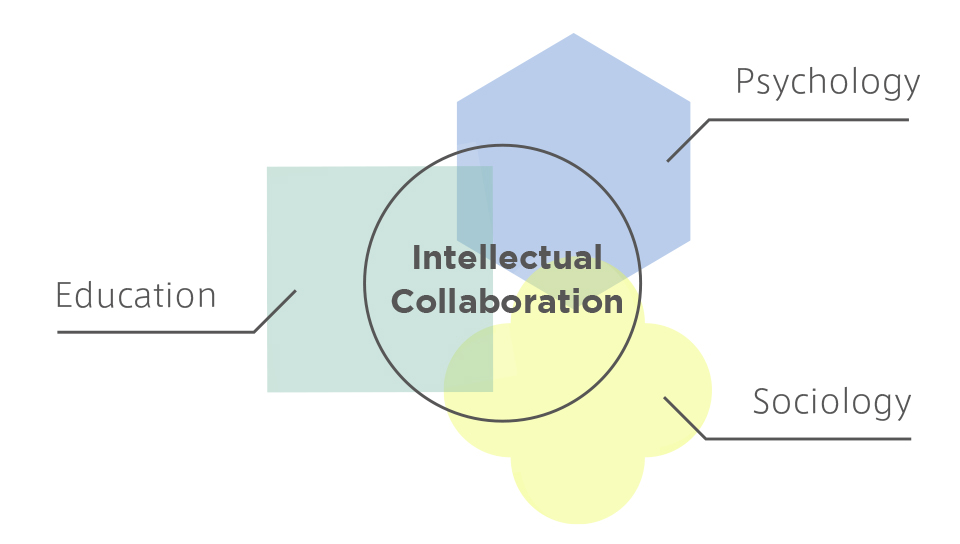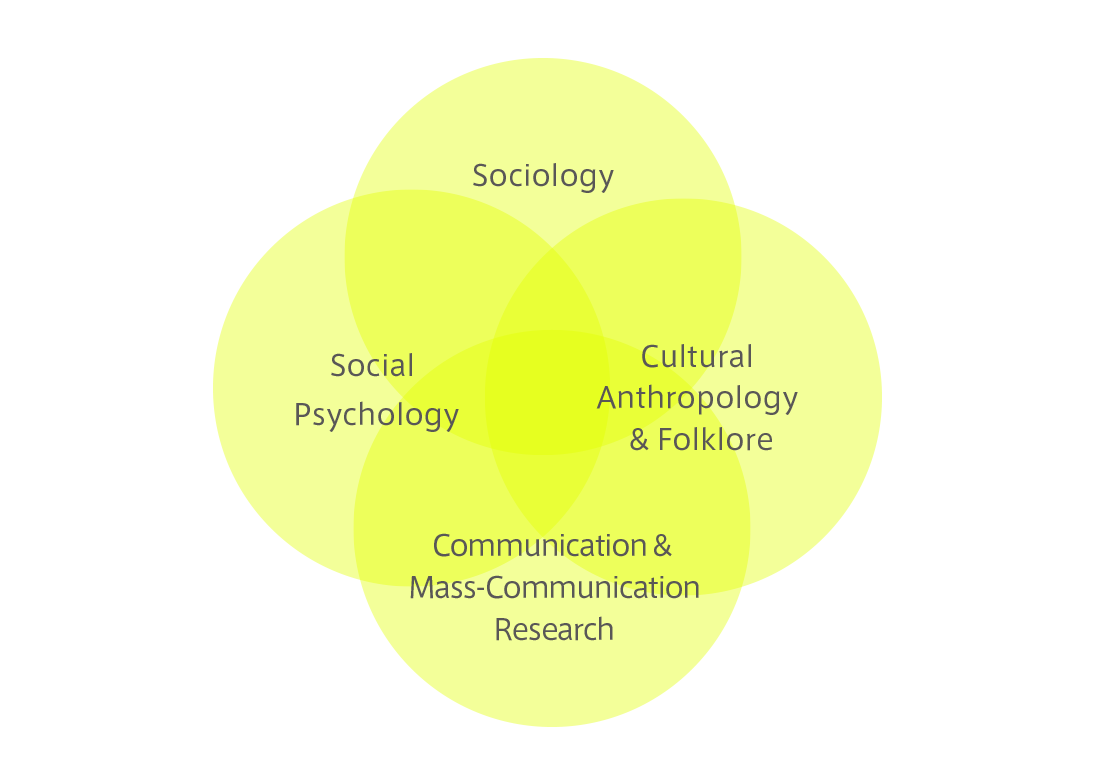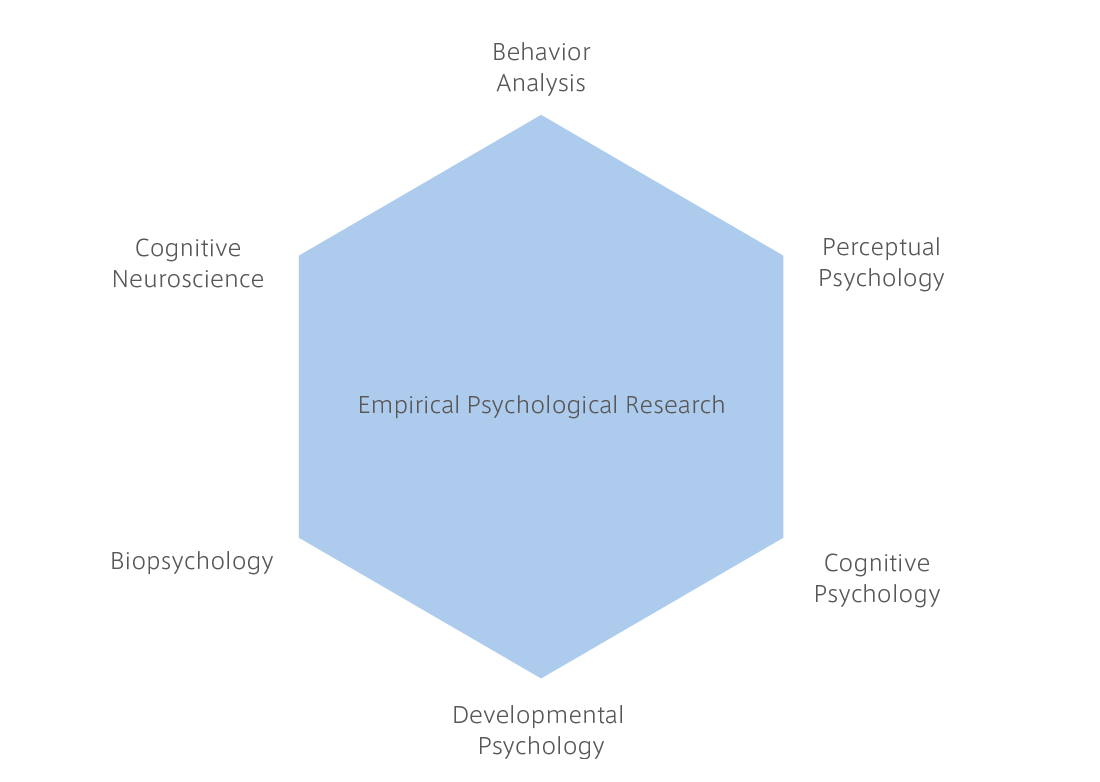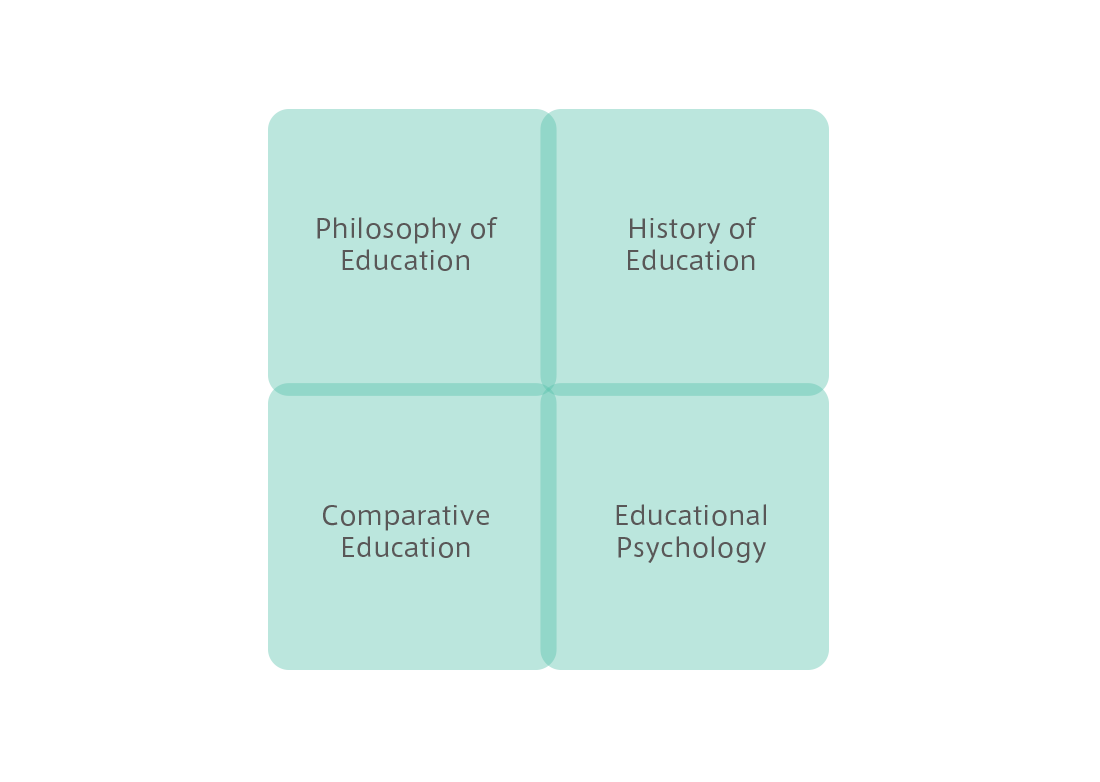
About UsThe Three Values of the Graduate School of Human Relations
About the Graduate School of Human Relations
and Our Research Areas

The structure of education at the undergraduate level in traditional academic fields is comprised of a generalized overview of the field, the history of the field, and its research methodology. This structure is necessary in order to convey to students what research has been done in the field and by whom, when, where, how, and why. As a foundation, undergraduate education aims to impart such knowledge to students, and also to teach them techniques for when they embark on their own academic pursuits. We believe that the aim of graduate level education is to have students study the above more deeply, more precisely and on a wider scale, and after mastering them to cultivate their own abilities as producers of new knowledge who sow the seeds of culture.
Value 1: Depth of experience
Much experience is necessary to become a producer of knowledge. While it is important for graduate students to gain experience for themselves, we believe the key to success lies in how students can create opportunities to interact with the rich depth of experience held by their tutors. The academic staff at the Graduate School of Human Relations all have a substantial research history, experience domestically and abroad, and have occupied positions of responsibility at academic societies. Furthermore, they all boast a wide research network with a plentitude of research partners inside and outside the university, domestically and internationally. Top level faculty at the Graduate School of Human Relations will help to develop your depth of experience. How about taking a look at the activities of the professor who you wish to have as your academic advisor?

Value 2: Precise expression
No matter how wonderful your research is, it will not come to fruition unless you are able to precisely communicate with other researchers who are hard at work in the field, and with the many people in society who want to know the value of your research. How to express the academic contribution you want to make is not just a matter of how to write papers and give presentations. The clear methods of analysis, deft experimental techniques, and elegant conceptualization skills provided by our diverse curriculum are also closely connected to the issue of expression. The Graduate School of Human Relations offers a rich curriculum which will help you learn to express things in a precise manner. How about taking a look at our curriculum, and our lectures on English academic paper writing and presentation skills?

Value 3: Wide network
How do you improve yourself as a researcher? Is the answer simply to study under a top level professor with a rich curriculum? In order to reach the next step and start on the path to becoming a researcher or highly qualified professional, it is important to develop a dynamic intelligence that is trained through communication and discussion with others. Of particular importance is to have your fixed ideas and conceptual frameworks shaken up, and this occurs when you have discussion partners all over the world. The Graduate School of Human Relations provides the opportunity for discourse which will help you develop a wide network of partners. How about taking a look at our various partner research institutes and laboratories overseas?

Sociology

Sociology was the first major to be offered by the Graduate School of Human Relations, beginning on April 5th, 1951. From the start the aim was to promote broad sociological research which crossed the boundaries of the undergraduate departments, and so the school was formed primarily with relevant professors from the Faculties of Letters, Economics, and Law in a way that ensured it was independent of these faculties. We have maintained this stance as an independent graduate school until the present day. Furthermore, we keep close ties with not just the undergraduate departments, but also with the Teacher Training Center, Institute for Journalism, Media & Communication Studies and other research institutes at the university, and many of our faculty members hold concurrent posts in these institutes.
Psychology

Keio University first began lecturing in psychology in 1877, established an experimental laboratory in 1926, and created an animal testing laboratory in 1952 following the end of the war. The long history of psychology at Keio University is evident considering the fact that Wundt, the father of psychology, founded his laboratory in Leipzig in 1879. Since its founding by Matsusaburo Yokoyama, psychology at Keio University has undergone a variety of changes. However, we proudly maintain our traditional academic culture of shunning irresponsible speculation in favor of empirical research through strict experiments and in-depth data analysis. Keio University has produced many distinguished psychologists over the years. Many now teach at universities around the world or have become leaders in related fields such as behavioral pharmacology and neuroscience.
Education

The Graduate School of Human Relations' Education major began in 1961 with the creation of the master's course, and the Ph.D. program was established soon after in 1963. The word "education" is often taken to mean the general preparatory education for future life provided by institutions such as elementary and junior high schools. However, since its inception, the Education major has focused widely on the various activities involved in character formation, conducting theoretical, historical, empirical, and experimental research. We also aim to develop the abilities of researchers and educators who possess skills in these areas. In other words, we deal mainly with the fields of philosophy of education and its history, history of education, comparative education, and educational psychology.




